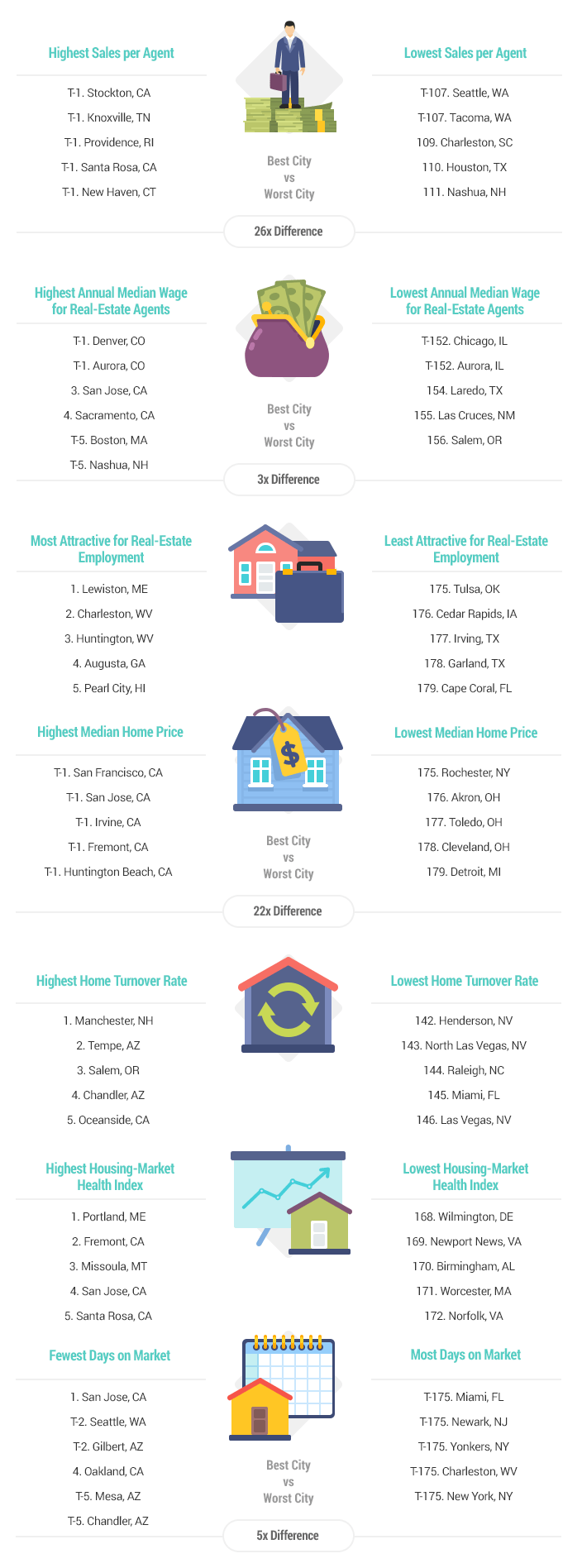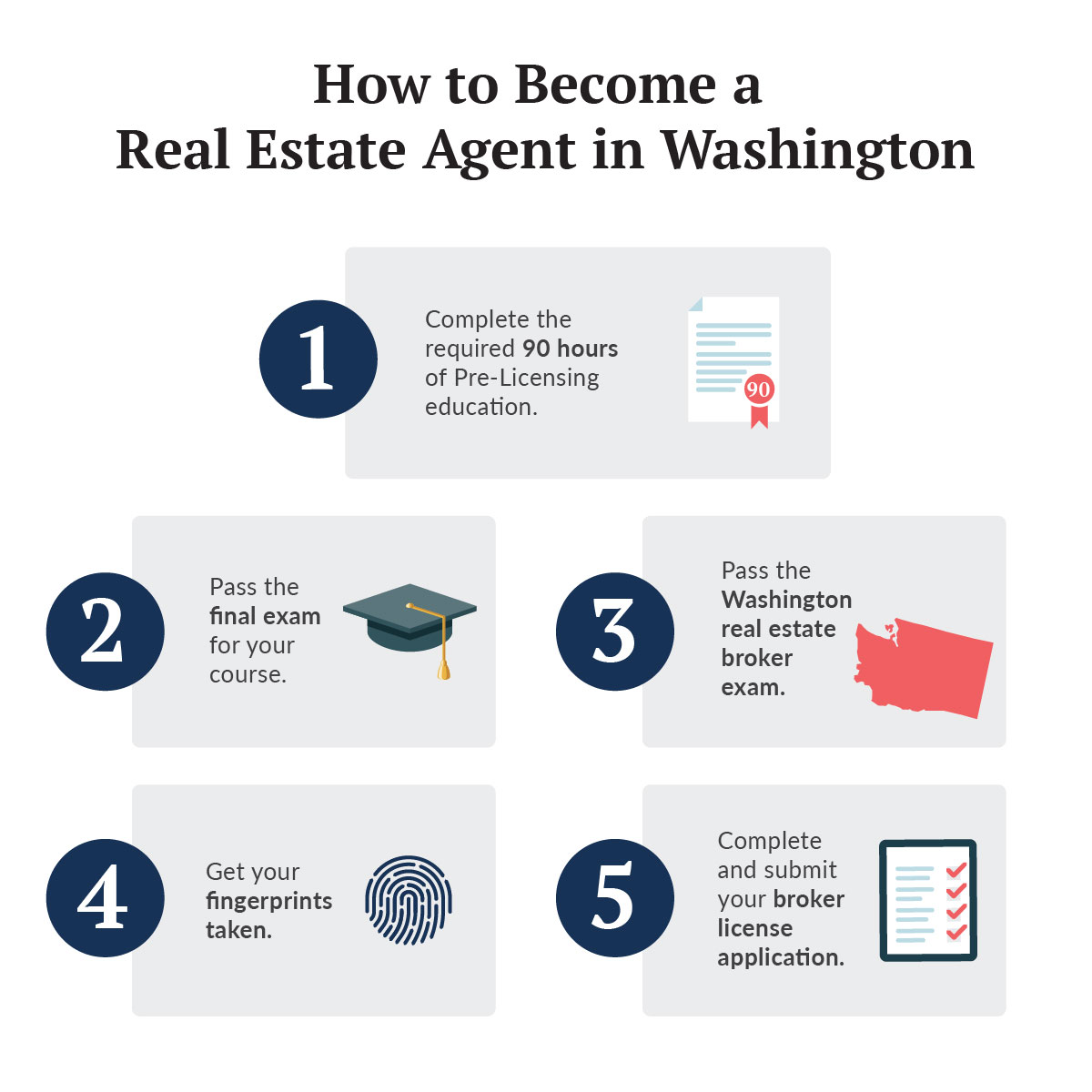
What is the cost of closing?
Closing fees are extra charges that you pay to complete the home-buying process. They include taxes and fees related to the real estate transaction. These are paid by both the buyer as well as the seller depending on which party is responsible for the specific process.
Buyer closing costs are a combination of one-time fees and the initial installments of recurring costs you'll pay alongside your mortgage every month. These recurring costs may include homeowners insurance and property tax payments, and can vary from lender to lender.
Some of the one-time charges are fixed fees, while others depend on the amount borrowed. You'll likely have to pay an application fee, attorney fees, and courier charges.
The typical closing costs of a buyer
Closing costs vary depending on the state and local tax rates. These fees can include the title company fee, escrow charge, appraisal fee and record filing.

What are the average closing cost for a refinance loan?
Closing cost for a refinance is usually much lower than the costs of a new home purchase. They still need to taken into consideration. Lenders typically outline their estimated closing costs and other details in a Loan Estimate, which is sent to buyers within three business days of applying for a mortgage.
This estimate should not only be accurate, but it should also be easy to understand. It's important to review these documents closely, asking questions if you don't understand something.
What are closing costs when selling a home?
The closing costs that home sellers have to pay include broker's fees and transfer taxes. Home sellers are often required to pay prepaid mortgage interest, home inspection and pest control fees.
They can negotiate these costs if they can get the service provider to agree to lower their fees. The seller can offer a credit to the buyer, which covers a part of their closing costs.
How to avoid closing cost?
It is best to find the right mortgage to avoid any closing costs. Consider your credit score, the debt-to-income and downpayment amount before applying for mortgages.

You can then research prices for your desired city and neighborhood. Comparing different lenders' fees will also allow you to make a final choice.
Sellers must also pay the mortgage recording tax for the seller and the title transfer fee. Both fees usually equal 1.825% or more of the selling price. Buyers often overlook these fees, which can add up to 2% on the price of a home.
FAQ
How much money can I get to buy my house?
It depends on many factors such as the condition of the home and how long it has been on the marketplace. Zillow.com says that the average selling cost for a US house is $203,000 This
What flood insurance do I need?
Flood Insurance covers flood damage. Flood insurance helps protect your belongings, and your mortgage payments. Find out more about flood insurance.
How do I know if my house is worth selling?
Your home may not be priced correctly if your asking price is too low. If your asking price is significantly below the market value, there might not be enough interest. Our free Home Value Report will provide you with information about current market conditions.
What should I be looking for in a mortgage agent?
Mortgage brokers help people who may not be eligible for traditional mortgages. They shop around for the best deal and compare rates from various lenders. This service may be charged by some brokers. Some brokers offer services for free.
What is a "reverse mortgage"?
A reverse mortgage lets you borrow money directly from your home. This reverse mortgage allows you to take out funds from your home's equity and still live there. There are two types of reverse mortgages: the government-insured FHA and the conventional. You must repay the amount borrowed and pay an origination fee for a conventional reverse loan. FHA insurance will cover the repayment.
Should I use a mortgage broker?
A mortgage broker is a good choice if you're looking for a low rate. Brokers work with multiple lenders and negotiate deals on your behalf. However, some brokers take a commission from the lenders. Before signing up, you should verify all fees associated with the broker.
Should I rent or purchase a condo?
Renting is a great option if you are only planning to live in your condo for a short time. Renting saves you money on maintenance fees and other monthly costs. A condo purchase gives you full ownership of the unit. You have the freedom to use the space however you like.
Statistics
- This seems to be a more popular trend as the U.S. Census Bureau reports the homeownership rate was around 65% last year. (fortunebuilders.com)
- 10 years ago, homeownership was nearly 70%. (fortunebuilders.com)
- It's possible to get approved for an FHA loan with a credit score as low as 580 and a down payment of 3.5% or a credit score as low as 500 and a 10% down payment.5 Specialty mortgage loans are loans that don't fit into the conventional or FHA loan categories. (investopedia.com)
- This means that all of your housing-related expenses each month do not exceed 43% of your monthly income. (fortunebuilders.com)
- Over the past year, mortgage rates have hovered between 3.9 and 4.5 percent—a less significant increase. (fortunebuilders.com)
External Links
How To
How to Manage A Rental Property
It can be a great way for you to make extra income, but there are many things to consider before you rent your house. We will show you how to manage a rental home, and what you should consider before you rent it.
Here's how to rent your home.
-
What do I need to consider first? Take a look at your financial situation before you decide whether you want to rent your house. You may not be financially able to rent out your house to someone else if you have credit card debts or mortgage payments. Check your budget. If your monthly expenses are not covered by your rent, utilities and insurance, it is a sign that you need to reevaluate your finances. It may not be worth it.
-
How much does it cost for me to rent my house? There are many factors that influence the price you might charge for renting out your home. These factors include your location, the size of your home, its condition, and the season. Remember that prices can vary depending on where your live so you shouldn't expect to receive the same rate anywhere. Rightmove estimates that the market average for renting a 1-bedroom flat in London costs around PS1,400 per monthly. This would translate into a total of PS2,800 per calendar year if you rented your entire home. This is a good amount, but you might make significantly less if you let only a portion of your home.
-
Is it worth the risk? There are always risks when you do something new. However, it can bring in additional income. Be sure to fully understand what you are signing before you sign anything. Your home will be your own private sanctuary. However, renting your home means you won't have to spend as much time with your family. Before signing up, be sure to carefully consider these factors.
-
Are there benefits? You now know the costs of renting out your house and feel confident in its value. Now, think about the benefits. There are many reasons to rent your home. You can use it to pay off debt, buy a holiday, save for a rainy-day, or simply to have a break. It's more fun than working every day, regardless of what you choose. You could make renting a part-time job if you plan ahead.
-
How can I find tenants After you have made the decision to rent your property out, you need to market it properly. Online listing sites such as Rightmove, Zoopla, and Zoopla are good options. After potential tenants have contacted you, arrange an interview. This will help you assess their suitability and ensure they're financially stable enough to move into your home.
-
What are the best ways to ensure that I am protected? If you're worried about leaving your home empty, you'll need to ensure you're fully protected against damage, theft, or fire. You'll need to insure your home, which you can do either through your landlord or directly with an insurer. Your landlord will usually require you to add them as additional insured, which means they'll cover damages caused to your property when you're present. If your landlord is not registered with UK insurers, or you are living abroad, this policy doesn't apply. In such cases, you will need to register for an international insurance company.
-
You might feel like you can't afford to spend all day looking for tenants, especially if you work outside the home. But it's crucial that you put your best foot forward when advertising your property. Post ads online and create a professional-looking site. Also, you will need to complete an application form and provide references. While some prefer to do all the work themselves, others hire professionals who can handle most of it. Either way, you'll need to be prepared to answer questions during interviews.
-
What should I do once I've found my tenant? If you have a lease in place, you'll need to inform your tenant of changes, such as moving dates. You can negotiate details such as the deposit and length of stay. Keep in mind that you will still be responsible for paying utilities and other costs once your tenancy ends.
-
How do I collect the rent? When it comes to collecting the rent, you will need to confirm that the tenant has made their payments. If they haven't, remind them. You can deduct any outstanding payments from future rents before sending them a final bill. If you're having difficulty getting hold of your tenant you can always call police. They will not usually evict someone unless they have a breached the contract. But, they can issue a warrant if necessary.
-
How can I avoid problems? You can rent your home out for a good income, but you need to ensure that you are safe. Consider installing security cameras and smoke alarms. Make sure your neighbors have given you permission to leave your property unlocked overnight and that you have enough insurance. Finally, you should never let strangers into your house, even if they say they're moving in next door.